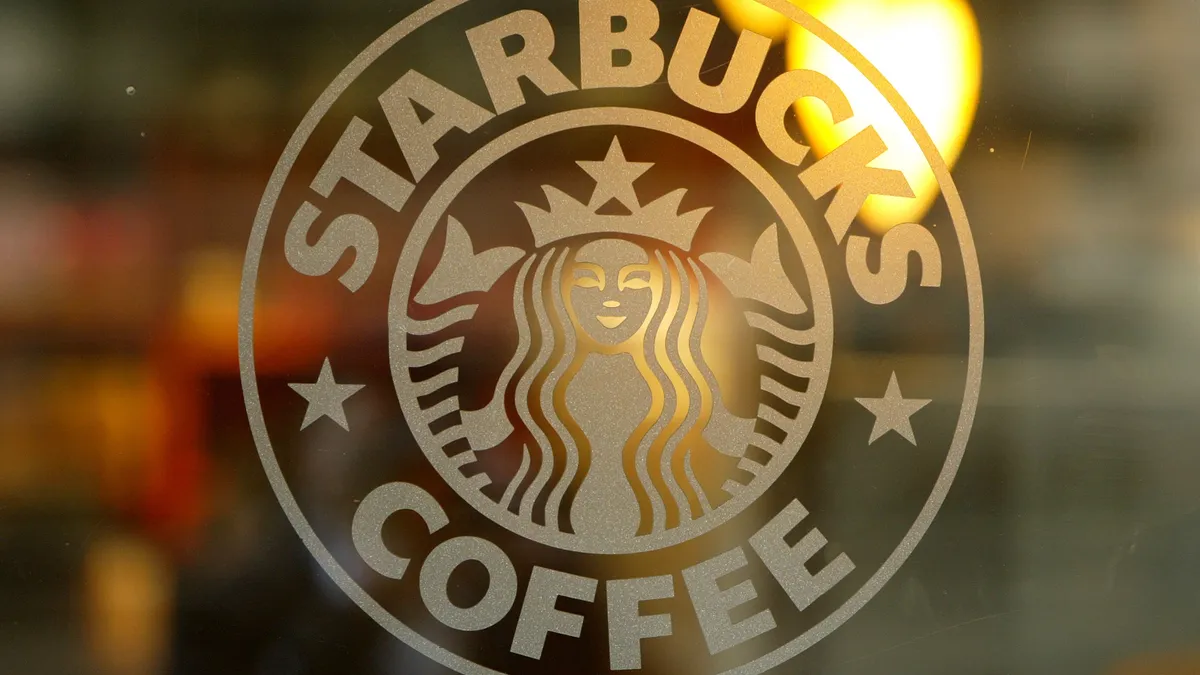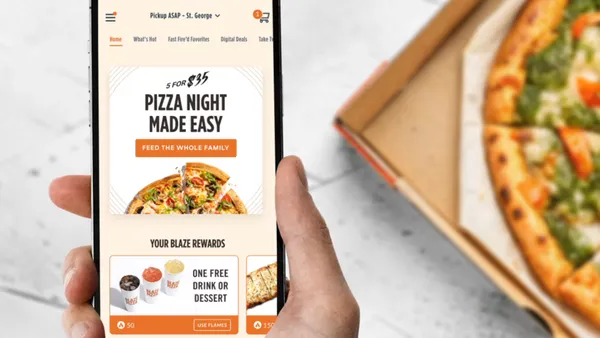Beginning in November, Starbucks faced a decline in traffic among occasional consumers — a trend CEO Laxman Narasimhan attributed “misperceptions” about the chain’s stance on the Israel-Hamas war.
Narasimhan said he was personally distressed by the war and that the chain “condemns violence against the innocent, hate and weaponized speech.”
“We are intensely focused on supporting our partners and the many other stakeholders affected by what is taking place,” Narasimhan said. “We have seen a significant impact on traffic and sales in the region, and we are working with our licensees during this time to ensure the safety and well-being of our partners and our customers.”
CFO Rachel Ruggeri said the traffic slide in November was in the single-digits, and that traffic has remained below expectations into January.
Narasimhan said the forthcoming drinks were “squarely aimed at our Gen Z and millennial customers across a range of coffee and cold beverages and compelling for the afternoon.” That cohort is both Starbucks’ key consumer demographic, and more likely to support a ceasefire in Gaza or other anti-war, pro-Palestinian political positions.
Starbucks accused Workers United, parent union of Starbucks Workers United, of supporting the Oct. 7 attacks by a coalition of Palestinian militants against Israel. Starbucks sued the union after some of its members expressed solidarity with Palestine. Workers United then sued Starbucks, saying the company defamed the union by claiming its members supported terrorism.
The dispute between the union and Starbucks over the latest Israel-Hamas war led to calls from U.S. consumers to boycott the brand, both on social media and in demonstrations. Demonstrators and boycott activists have accused the company of supporting “genocide,” in apparent reference to the severity of Israel’s campaign in Gaza, which has killed tens of thousands of people. The company doesn’t operate in Israel and doesn’t provide any funding to that state or its military forces, according to its website. Starbucks Workers United, in its public communications regarding Palestine, didn’t accuse the company of backing Israel, only of defaming the union.
The war has led to broad consumer boycotts of other brands identified with the U.S. in the Middle East as well, including McDonald’s and Domino’s. The U.S. has bombed parts of Iraq and Yemen where the group Ansar Allah has imposed a partial blockade of the Red Sea in protest of Israel’s military campaign in Gaza. The possibility of a wider regional war raises the risk of more serious market disruptions.














